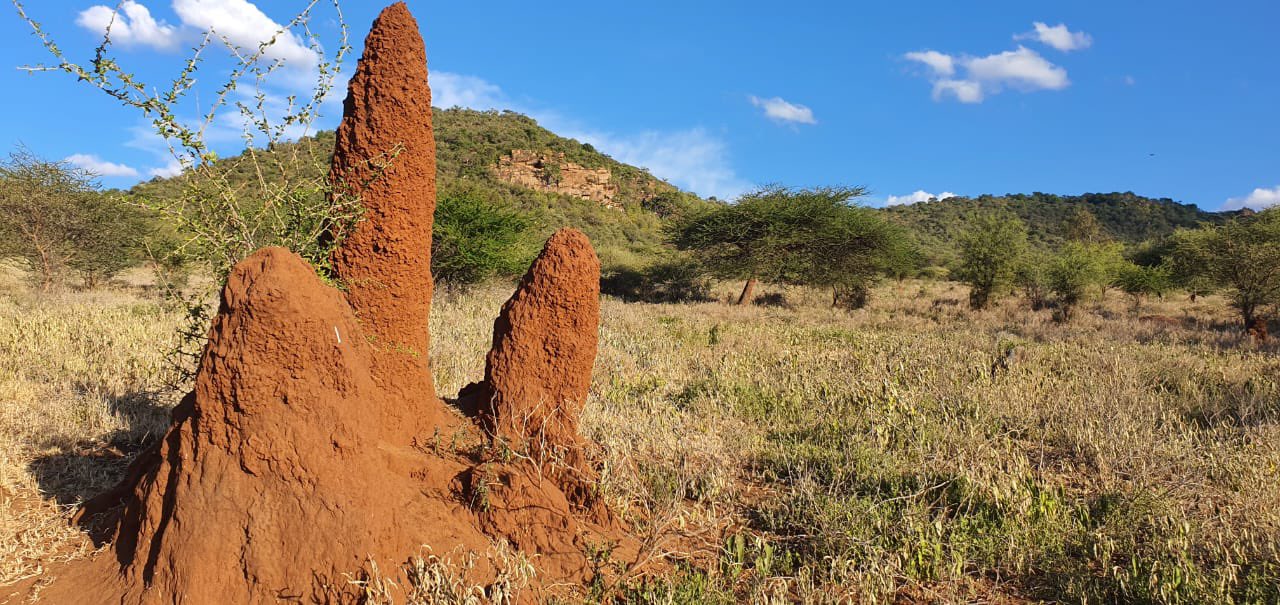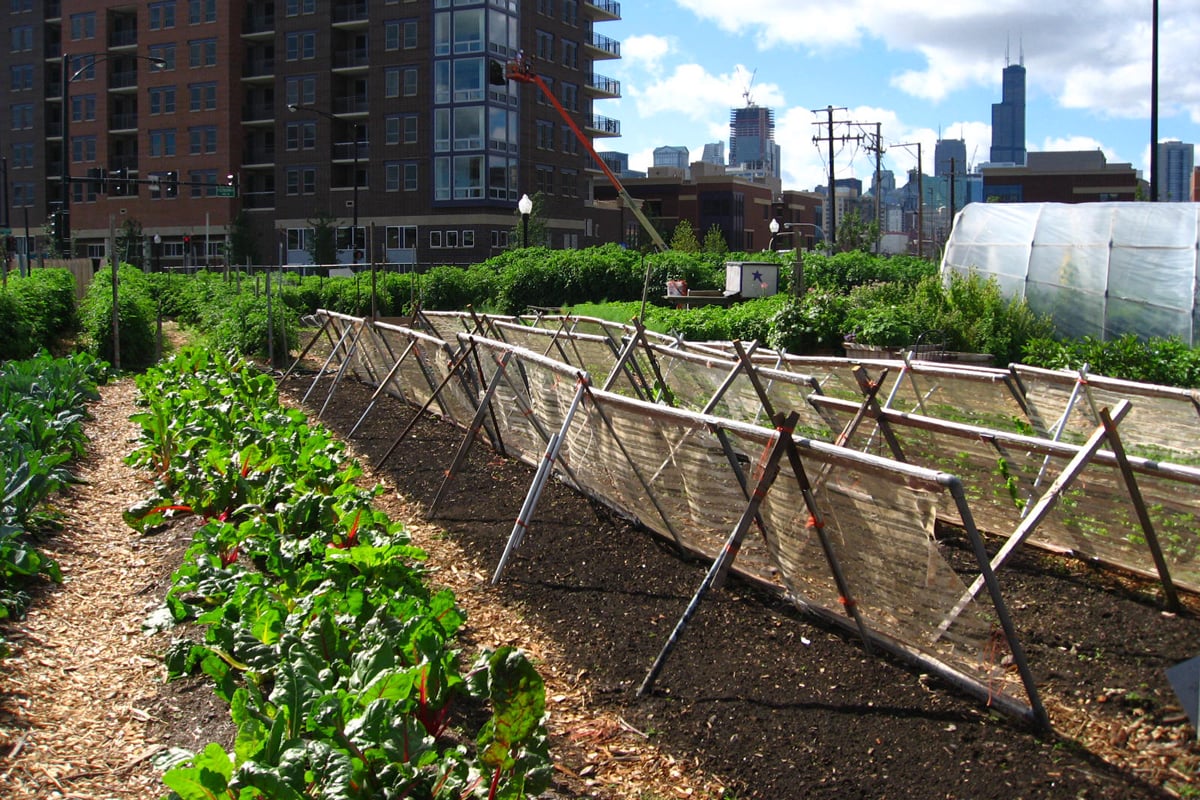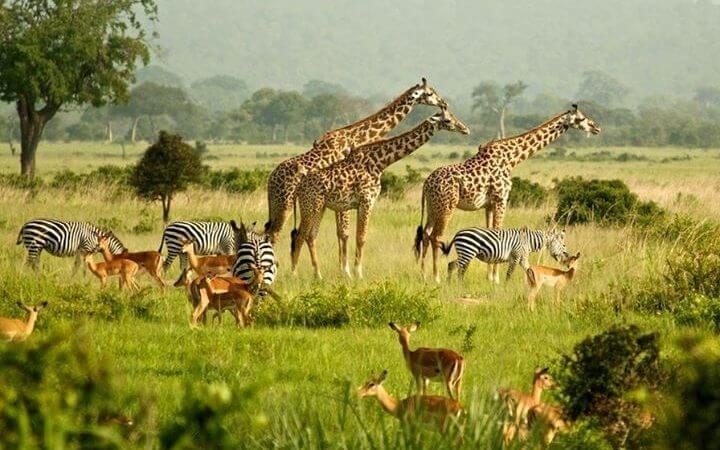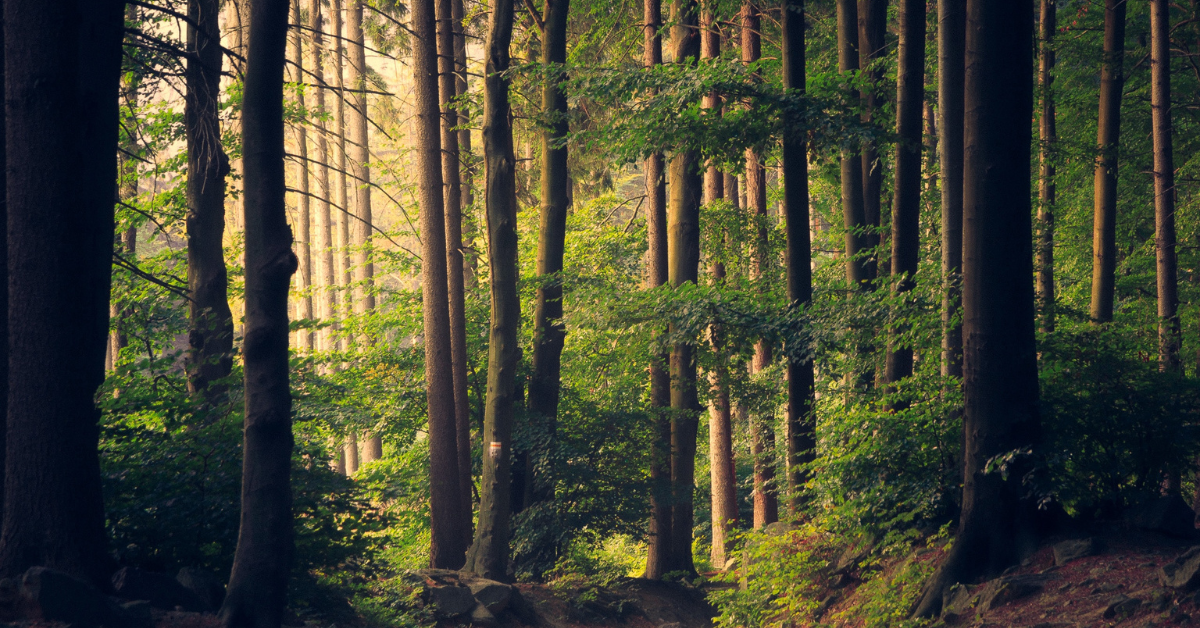- While these individuals initially agreed to protect the rich biodiversity surrounding their lands, many have turned to the lucrative, albeit illegal, charcoal burning business, capitalizing on the soaring demand for charcoal across the country.
The Kikesen River Conservancy in Kajiado County stands at a critical juncture, grappling not only with rampant poaching but also with landowners who betray their commitment to wildlife conservation.
While these individuals initially agreed to protect the rich biodiversity surrounding their lands, many have turned to the lucrative, albeit illegal, charcoal burning business, capitalizing on the soaring demand for charcoal across the country. This troubling trend poses a significant threat to the very ecosystems these landowners pledged to safeguard.
Section 60 of the Kenya Forest Act 2016 explicitly prohibits cutting down, damaging, or destroying any tree in a forest area without the appropriate licenses. However, this legal framework has proven ineffective in Kajiado, where landowners within the Kikese River Conservancy have flouted these regulations with impunity.
Their lands serve as vital corridors for various wildlife species migrating between Amboseli National Park and Loita Forest, yet this ecological treasure is under siege from illegal activities that prioritize short-term profit over long-term sustainability.
The future of wildlife conservancies and reserves hangs in the balance as these hidden illegal agendas threaten to unravel years of conservation efforts. The insatiable greed that drives landowners to exploit their resources not only jeopardizes Kenya's rich wildlife heritage but also compromises the ecological integrity necessary for future generations.
Read More
Each illegal charcoal sack transported from the forests diminishes our natural wealth, eroding an ecosystem that supports countless species and contributes significantly to the country’s economy through tourism and conservation efforts.
While recent operations by the Kenya Wildlife Service (KWS) and Forest Conservation Authorities have led to some arrests and the cessation of illegal charcoal activities, the question remains: will this be enough to deter the greedy investors and landowners who prioritize profit over preservation?
The answer lies in a concerted effort to enforce existing laws and hold accountable those who violate them. Only then can we hope to restore the balance between human activity and wildlife conservation.
The Kikesen River Conservancy serves as a microcosm of a larger struggle facing many conservation areas in Kenya.






